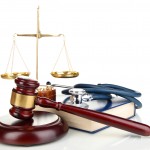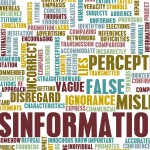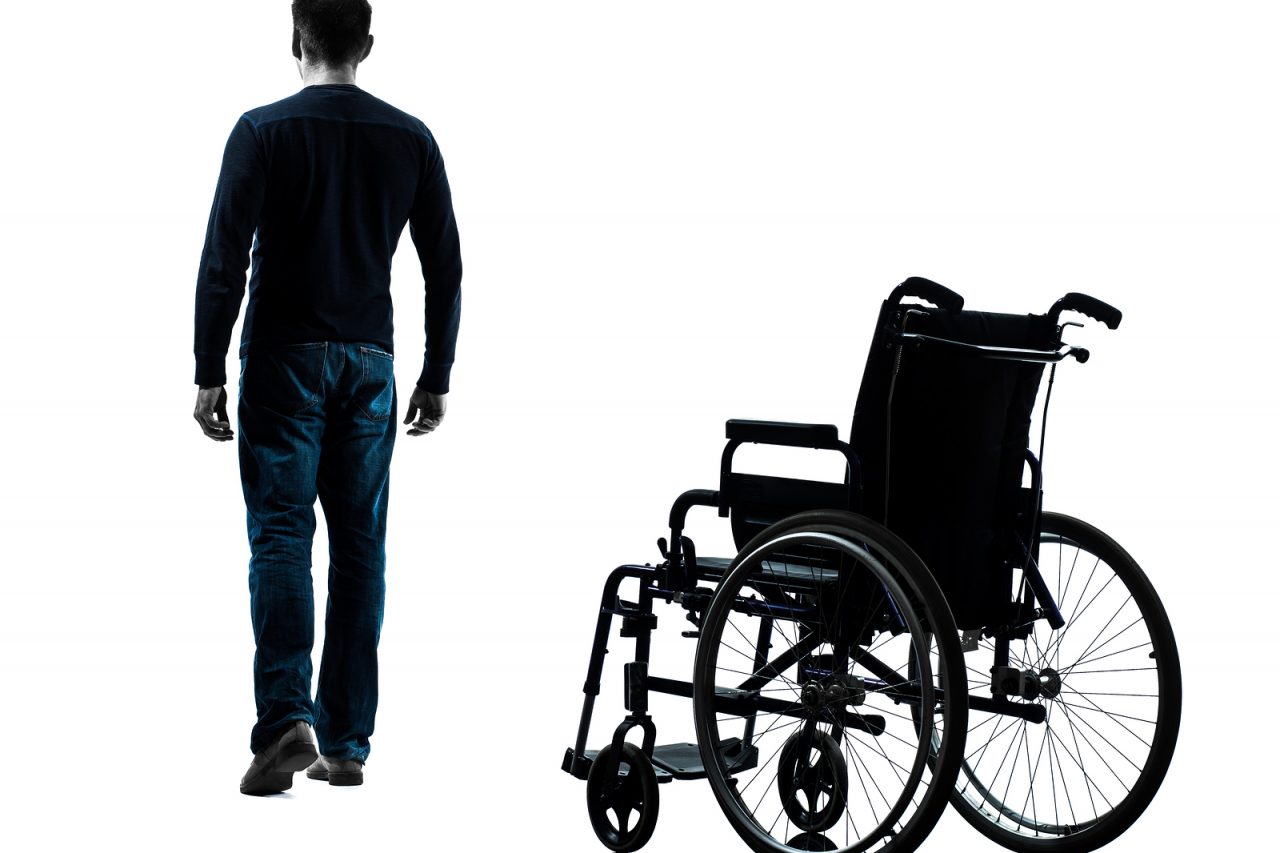One of the spinoffs of being an oncologist is that you do not to take the world for granted. Each morning, I walk around the yard and smell the morning breeze. I am thankful for my children, my wife and my own health. I am thrilled, if occasionally skeptical, to have the opportunity to pay taxes in a Country that I love. So, who would believe I would take our Electronic Medical Record (EMR) for granted?
I know, shocking, isn’t it? How could I overlook a key factor in the success of our practice, ever since we ditched paper records, 13 years ago? Nevertheless, it is true. Day-by-day, the keyboard and screen became just another device, like a stapler, paintbrush or pocket comb. I began to use it out of simple necessity, and neglected to sit in awe of its power and glory. I ask the geeks of Silicon Valley, to forgive me.
We have been binary in our office for a long time, but not in our main hospital. In the office, everything flows by electron, but at the hospital we have been using a kind of EMR-light, call it E-decaf. Maybe we turn on the machine to check a few labs, order the occasional test, and perhaps send an email. Thus, even though the docs of our practice spend more than a hundred-fifty hours a week on the wards taking care of 60 patients a day, we were still paper-binder-chart-bound.
But, last week it happened … we crossed the Rubicon … in a blinding flash of bits and bytes, clicks and clacks, copy and paste, we went full-on-no-holds-barred, every-piece-of –data-for-itself electronic and converted to the EMR. It was glorious!
In the hospital, I had long gotten used to the appalling inefficiencies of the crayon and papyrus world. First, find the chart (good luck… I am sure I have lost a year of my life hunting). Then, read the prior notes (which for many doctors, including yours truly, is impossible). Find the labs. Find the X-ray reports. Check the images. Call the lab and radiology for the labs for the results that you could not find. Seek and then check the vital sign clipboard. Read the I&O record (different clipboard).
Now, there’s time, barely, to see the patient.
Then, painfully, ridiculously, illegibly, write down what you just found, repeating everything you also wrote yesterday (except what you forget or can’t read, which is probably critical) and then put the chart back in the rack (maybe), so that the next doctor can start this whole process over again.
You think I am kidding? Exaggerating? Not the tiniest bit. What I described is what every doctor using chisel-stone-tablet records does every day with every patient and if you have a lot of patients in the hospital it takes a very long wasteful time and is guaranteed to result in error. Ask any doctor to pull any binder at random from any chart rack anywhere and read it carefully and there is an almost 100% chance you will find a mistake in that record.
In brilliant contrast is the EMR, I used today. No need to find the chart, just a computer, and we have lots of those. Open the patient’s file. Read the clear notes from other doctors consulting on the case. Then, turn to my note from yesterday. Download directly into the note, with a couple of clicks, today’s labs, x-ray reports, pathology reports, I&O, medication lists (ordered & actually given), vital signs and any other relevant data.
See the patient (which I have more time to do).
Modify my note with today’s findings and conclusions. Write, in the computer, any new orders. The orders are instantly checked for allergies, compatibility, dose, availability, redundancy and communicated to the proper department. Complete. Legible. Efficient. Accessible and transmittable (via encrypted form). Even fun.
The quality of medical care because of clarity, accuracy, speed and the quality of communication is multiplied, probably exponentially. Problems are not forgotten. Errors are quickly identified. The valuable efforts of patient and professional are not wasted. The time needed to create extraordinary medical records is cut at least in half. The medical record is not just another device, like a pencil, tape measure or paper chart. It is a tool to guarantee, amplify and create quality.
Is the future here? Are present day EMRs the Holy Grail? Not yet. They still have major problems in data input, across system compatibility and universal access. However, they a stunning technology that saves cost not only by saving time, but by improving the quality of the record and therefore the quality of care. In the future, not to far away, EMRs will interface with medical information and research databases and work with each doctor with each patient on each day to assure the most accurate diagnoses, the best treatment and the best chance of cure. Even now, they are revolutionary.
Therefore, I ask the IT guys in the trailer out-back to forgive me. I did not mean to take them, bowtie-pocket protectors and all, or their electronic children, for granted. Never again. EMRs are not just a brightly colored tool; they are the key to a future of medical quality, health care delivery and experimental breakthrough. How very cool it is to practice e-medicine today.






13 Comments